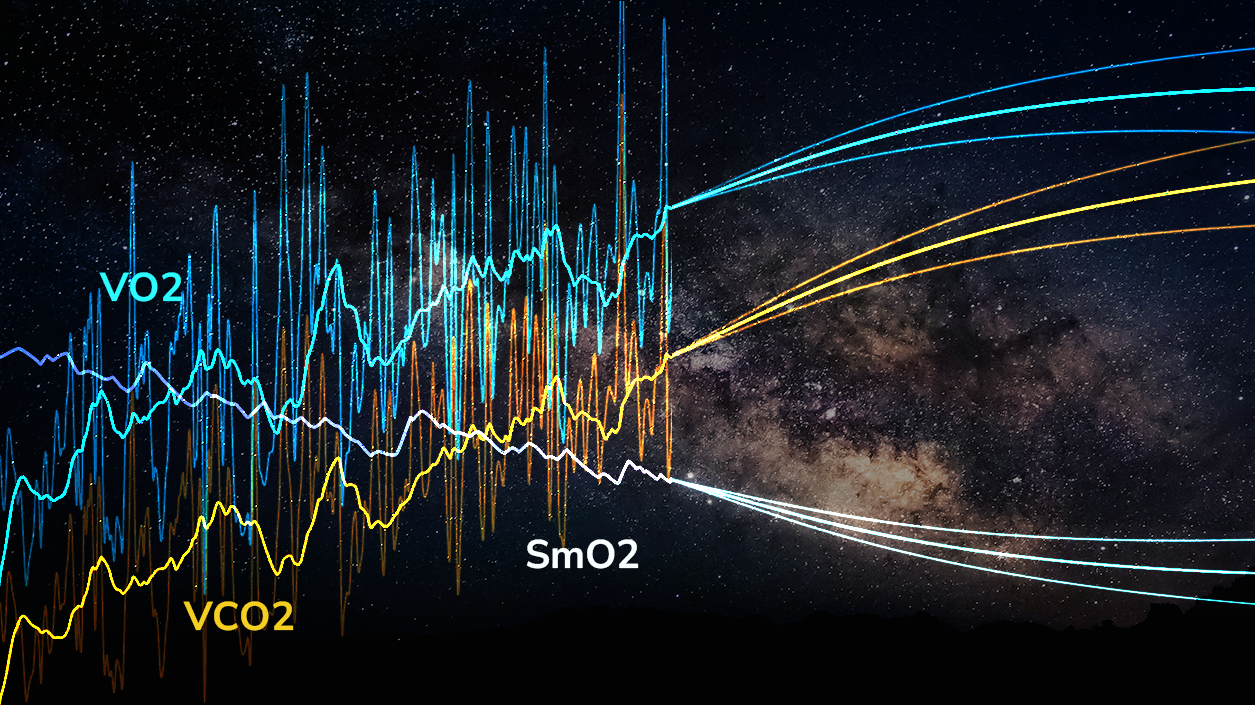Duration: 15 months
Astronauts must maintain a high fitness level to endure the extreme conditions of space. Current cardiorespiratory fitness (CRF)/VO₂max assessment methods are time- and resource-intensive, requiring specialized equipment and manual data analysis. ESA’s Space Medicine Team is interested in efficient fitness assessment technologies.
This project focuses on developing an AI model to estimate key metabolic parameters (VO₂max, VO₂/VCO₂ kinetics) using submaximal exercise data, potentially reducing exercise time by 50%. Since no dataset exists with paired submaximal- and maximal cardiopulmonary exercise tests (CPET), the study will utilize a dataset of 10,000 maximal CPET tests, approximating submaximal conditions by truncating time-series signals. An internal dataset of 200 CPET assessments, incorporating metabolic, heart rate, and near-infrared spectroscopy (NIRS) data, will supplement the primary dataset. Data augmentation techniques, such as noise injection and signal scaling, will enhance model robustness and variability.
Deep learning models, including LSTMs, autoencoders, transformers, and Prophet, will be evaluated for their ability to predict full metabolic curves from truncated data. A structured training pipeline will facilitate data processing, model tuning, and iterative performance evaluation. Key metrics will guide model optimization.
The primary objective is AI model development, with a secondary focus on real-world validation using a dataset of 15 volunteers performing maximal exercise tests. This validation phase will assess the model’s applicability to astronaut fitness assessments.
In summary, this research aims to streamline fitness assessments using AI to predict metabolic parameters from shortened exercise tests, reducing time and resource demands without compromising accuracy. If successful, the model could improve real-time CRF evaluations in spaceflight while benefiting clinical, athletic, and rehabilitation settings.

